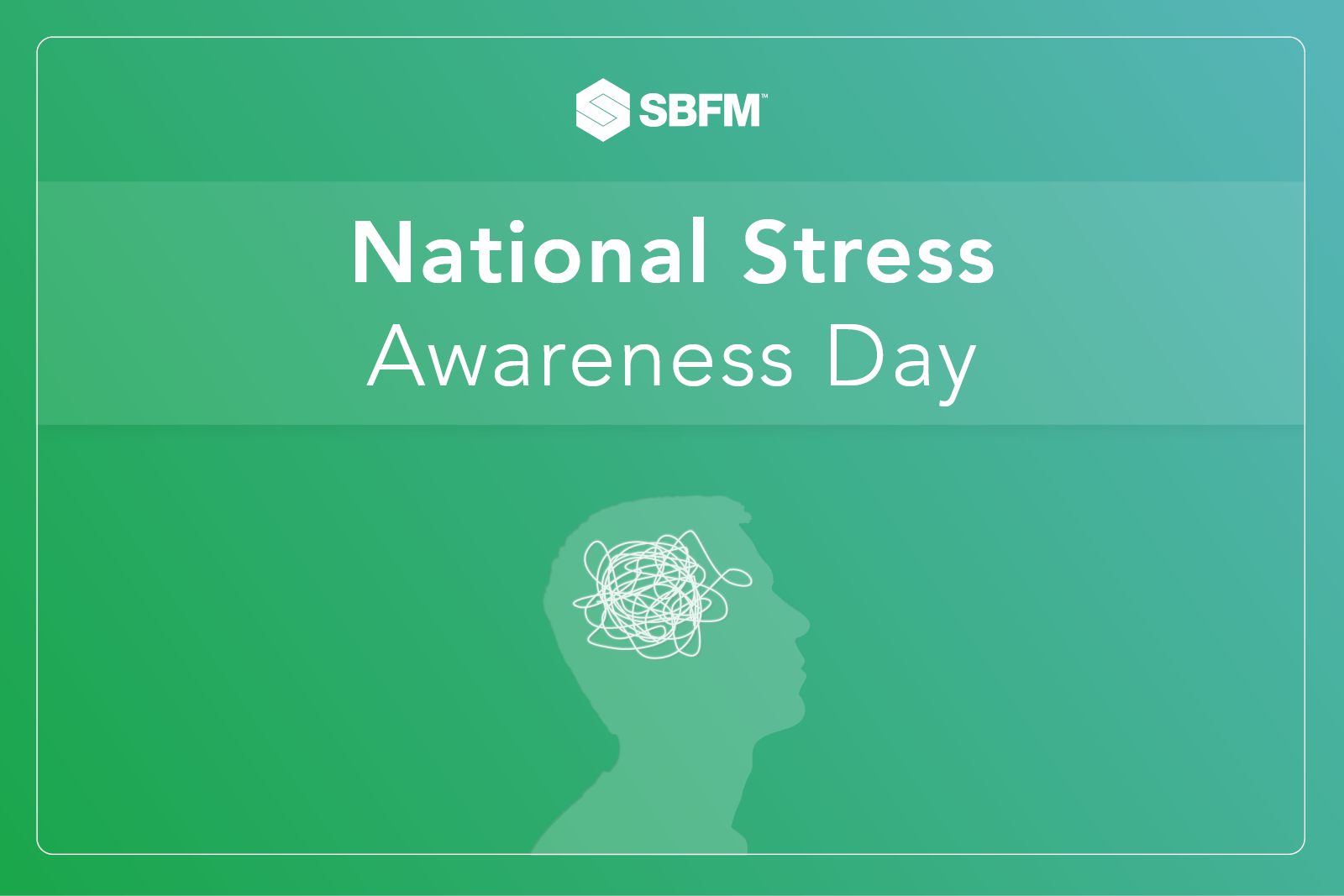- November 6, 2024

Stress is a common challenge that affects both our mental and physical health. This year’s National Stress Awareness Day theme, “Campaigning to Reduce Stress and Improve Wellbeing,” highlights the need for proactive action in tackling stress and promoting healthier, more resilient lives. We’re proud to emphasise the importance of managing mental wellbeing and share practical, effective techniques that everyone, including businesses, can adopt to support a stress-resilient culture.
What is stress?
At its core, stress is the body’s natural response to pressure, triggering a surge of hormones designed to help us face challenges directly. In small doses, stress can be motivating, encouraging us to meet deadlines or navigate difficult situations. However, when stress becomes chronic or overwhelming, it can lead to serious mental and physical health issues, such as anxiety, depression, and even cardiovascular problems.
The Sources of Stress
Stress can come from all areas of our lives: work pressures, financial strain, health concerns, and personal conflicts. When stressors build up, they can create a compound effect, increasing anxiety and making it difficult to cope. For example, workplace stress combined with financial worries can reduce productivity, while personal relationship conflicts can drain emotional energy, leaving you less equipped to handle other stressors.
By understanding the origins and interconnections of stress, we can begin to address it more holistically, rather than just managing symptoms. As a business, we have a responsibility to provide support for our staff, offering a range of initiatives that tackle stress both at an individual and organisational level.
Techniques for Managing Stress
Stress manifests differently in each person, shaped by lifestyle, personality, and circumstances. This means finding the right strategy is a personal journey. While some may find relief through physical activity, others may benefit from mindfulness or social support. The key is experimenting with various approaches until you find what works best for you. Here are a few strategies to consider:
- Talk About It
Discussing your stress in a supportive, non-judgmental environment can be incredibly relieving. Whether it’s confiding in family, friends, or a professional, verbalising your stress allows you to process your emotions and gain new perspectives.
At our company, we believe in providing a strong support system. Our trained Mental Health First Aiders are available across the organisation to support colleagues when they feel overwhelmed. Additionally, our Mental Health Committee works continuously on initiatives to promote wellbeing and mental health across the business. With resources such as financial support and our Employee Assistance Programme, we ensure that everyone has access to the right help at the right time.
By offering easy access to support services, we empower our teams to take control of their mental health. This not only builds individual resilience but also creates a more engaged and productive workforce.
- Exercise and Physical Activity
Exercise is one of the most effective ways to combat stress. Physical activity releases endorphins, which improve mood and reduce anxiety. Whether through a walk, a gym session, or a team sport, regular exercise offers both physical and mental health benefits.
In addition to stress relief, exercise improves sleep – another crucial component of stress management. A good workout can help release built-up tension, boost confidence, and set you up for a more productive day. Soon, we will offer a state-of-the-art on-site gym at our head office, giving employees convenient access to high-quality fitness facilities. Until then, we actively promote physical health with initiatives like discounted gym memberships and free fitness classes. Encouraging physical activity is a key part of our strategy to reduce stress and support the overall wellbeing of our staff.
- Mindfulness and Meditation
Mindfulness and meditation are powerful tools for reducing stress. Taking time to disconnect from stress triggers – whether through deep breathing exercises, walking, or by observing your environment – can help regain perspective and calm your mind.
Meditation, whether guided or self-directed, allows you to step back from overwhelming thoughts and cultivate a sense of peace. Incorporating mindfulness into your routine helps reset, recharge, and approach life’s challenges with clarity and focus. By encouraging mindfulness at work, businesses can help employees reduce stress, enhance focus, and increase overall productivity.
We also offer mindfulness workshops and Lunch & Learn sessions on stress management and mental health. These initiatives are part of our commitment to supporting the mental wellbeing of our staff. They help our teams build the skills needed to navigate stress and create a supportive work environment.
Prioritise Wellbeing
National Stress Awareness Day is a reminder of the importance of managing stress for better health and wellbeing. By understanding the root causes of stress and exploring a range of techniques for managing it, we can build a culture of resilience. This not only improves individual health but also supports a collaborative workplace where everyone can thrive – stress-free, healthy, and balanced.
For more resources on stress management and mental wellbeing, organisations such as Mind (mind.org.uk) and the Mental Health Foundation (mentalhealth.org.uk) offer valuable information and support services.
